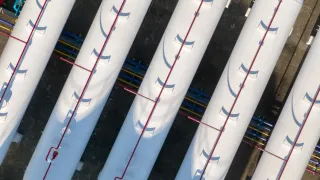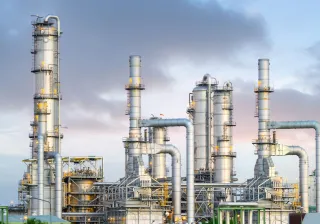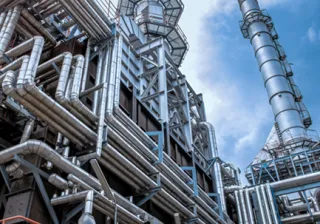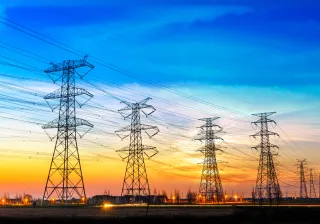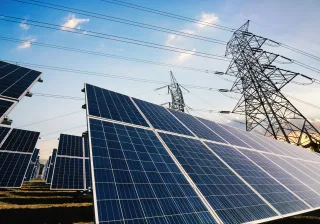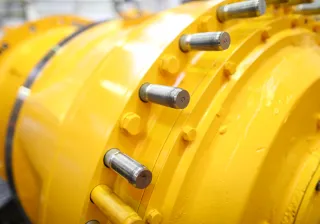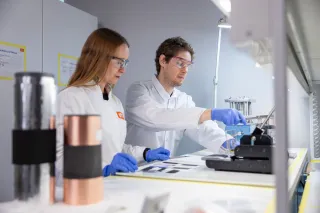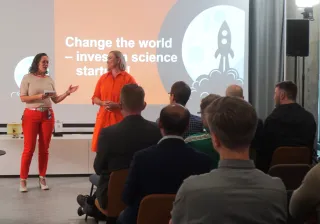The global market for green hydrogen is growing rapidly and hydrogen projects are being planned at a record pace. The end use of hydrogen is a widely discussed issue, whereas we do not hear much about hydrogen value chains. According to a VTT survey, Finnish companies have both interest and capabilities to be part of these value chains.
The Finnish Government has estimated that, in 2030, Finland could produce at least 10% of the green hydrogen within the EU. The Hydrogen Cluster consisting of Finnish companies and industrial organisations, on the other hand, estimates that Finland's share could even amount to more than 14%. In other words, there is demand for domestic hydrogen production, but it would require new kinds of value chains, extending from the manufacture of electrolysers and their components to system integration, hydrogen production, logistics, storage and use, and various system and ancillary services.
Finnish companies have expertise suited for hydrogen business
In the FinH2 project, VTT surveyed the interest of Finnish companies in the hydrogen economy. The aim was to identify companies that are or could be part of hydrogen value chains. More than 30 companies responded to the survey. In addition, more than 60 companies with capabilities to function as part of the value chain were identified from public sources.
Based on the survey, companies are interested in the hydrogen business, and some of them had already identified opportunities the hydrogen economy could provide and their own capabilities to operate in this market. Some of the companies included in the survey were already part of the value chain.
“Finnish companies have strong expertise that can be transferred to the hydrogen sector throughout the value chain. For example, companies providing system services have information on the balancing of the electricity network and the recovery of waste heat. This competence can be applied to electrolysers," says Senior Scientist Elina Mäki from VTT.
Information and a shared vision would promote the development of value chains
Some companies are still seeking their role in the hydrogen value chain. The development of value chains requires both new partnerships between companies and good examples of how the value chains operate.
“The introduction of hydrogen technologies and hydrogen business also involves many open questions. According to the survey, companies need more information and new competence to support their product development. For example, component manufacturers need information on what kind of requirements the equipment, systems and hydrogen applications pose on the components. Information is also needed on hydrogen storage, market development and safety aspects. VTT can support companies by providing this kind of expertise and help Finnish companies start manufacturing electrolysers," Mäki says.
There is also clear demand for a national hydrogen vision. A clear view of the uses of hydrogen and the desired direction of development in the hydrogen economy would encourage companies to participate. Many companies would be interested in going beyond hydrogen and transforming hydrogen into high-value-added products, which would boost the value of the hydrogen business. Finland would have opportunities for both the delivery of larger systems and the export of high-value hydrogen derivatives.
A golden opportunity for Finnish companies
A large number of projects are currently being planned in Finland in which hydrogen is produced by electrolysis. If realised, the hydrogen production capacity of the projects announced so far in Finland would amount to several gigawatts by the end of the decade. For Finnish companies, this would open up huge opportunities to develop value chains and partnerships. If no domestic operators are found, there is a risk that the investments flow abroad. In addition, strong value chains would open doors to international markets. Based on projects under development, the IEA estimated the global capacity of hydrogen production to amount to over 130 GW by 2030.
Both domestic and global markets show that there is still time to jump in. Finnish companies have a golden opportunity to build value chains for manufacturing and delivering electrolysers and larger systems. The time to act is now.

